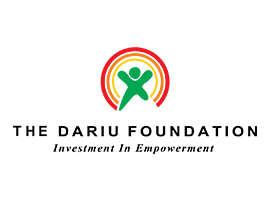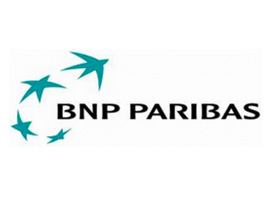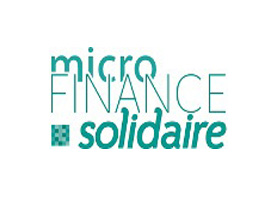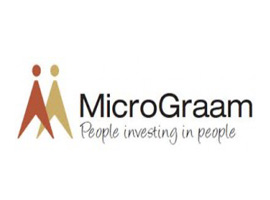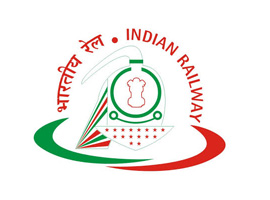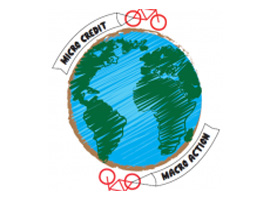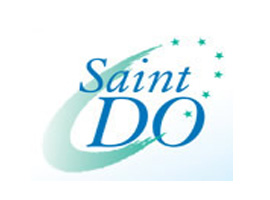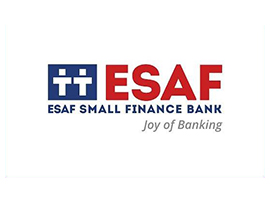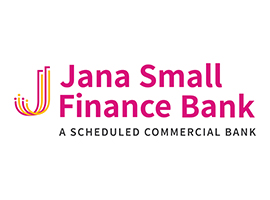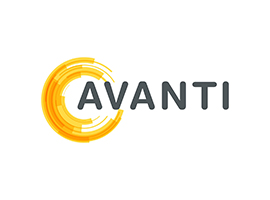Social Performance Management
Home / Social Performance Management
Introduction: Sampurna Training and Entrepreneurship Programme (STEP (NCRC)) social audit was carried out with the aim of measuring coherence between the institution social goals and its activities and results.
In order to conduct STEP (NCRC) social audit, Entrepreneurs du Monde (EdM) resorted to the Social Performance Indicators (SPI) 3.3.1. tool developed by CERISE, a knowledge exchange network for microfinance practitioners. It enables to analyze the internal systems and organizational processes of a microfinance institution (MFI) and to determine if the institution puts in place the necessary means to achieve its social goals. CERISE granted EdM a certification enabling the organization to carry out certified social audits according to the methodology presented on the website Pratiques microfinance. Morevover, in order to carry out a thorough analysis of STEP (NCRC) social responsibility towards partners and the compliance with Client Protection Principles, the self-assessment questionnaire developed by the Smart Campaign[1] was filled in in parallel. STEP (NCRC) endorsed the Client Protection Principles in March 2013.
STEP (NCRC) and EdM have already conducted five SPI studies from 2008. It was also decided early 2012 that EdM partners no longer needed to do the assessment yearly, and it could be done on a two year interval. As described in the methodology, for the current social audit, STEP (NCRC) and EdM opted for self-assessment with external audit – participatory approach with the questionnaire being administered by EdM Country Coordinator for India, Myanmar and Philippines and the results being reviewed by a certified auditor, the EdM Social Performance Manager. The interviews were held in STEP (NCRC) head office and in two branches during the week of 23th September. A debriefing session took place on 28th September.
The institution mission statement is complete as it clearly defines STEP (NCRC) social goals in terms of target partners, products and services and the expected benefits for target partners. Key terms of mission statement would require a formalized definition for staff to refer to the specific characteristics of target partners. The management share a strong social orientation and the strategy is in line with the mission, which is well disseminated. STEP (NCRC) demonstrates strengths in targeting of the poor, as their mission to serve the weakest section of society is reflected into a geographical targeting towards slums and colonies and into pro poor methodologies. The products and services do not constitute a barrier to accessing the most vulnerable segments of the population.
The tracking systems in place to monitor the progress in achieving the social objectives are adequate. The potential to track the characteristics of partners as well as their income generating activity is good given the relevant information collected in the field on partners socio-economic profile. However, there is scope for improvement in the production of reporting and analysis on the poverty questionnaire results. The monitoring of the adequacy of products and services provided by STEP (NCRC) to partners need is done through several channels. Yet, the reasons for partner dropout are not recorded in a centralized register and analyzed. Overall, STEP (NCRC) performs rather well in terms of social responsibility. Yet, scope for progress exists regarding responsibility towards staff. The analysis of the alignment with Client Protection Principles has revealed that STEP (NCRC) demonstrates a good commitment with strong practices when it comes to the appropriate product design and delivery, the fair and respectful treatment of partners and the transparency for which the institution registers its highest score. A few vulnerabilities were identified when it comes to the prevention of over-indebtedness given the high risk prevailing within STEP (NCRC) areas of operation owing to the competitive environment and the lack of an effective credit bureau. The NGO demonstrates adequate practices in support of responsible pricing. The institution presents some gaps regarding the respect of the privacy of partner data and the mechanisms for complaint resolution which are mainly attributable to a lack of formalization of procedures. The institution expresses its social responsibility towards the community through training and follow-up services that are not only offered to partners but also benefit their relatives as well as other community members. Besides, an exclusion list of activities that cannot be financed because of their negative impact on the society and the environment is in place. Additionally, partners are educated towards a healthier environmental hygiene during follow-up visits and the expected staff behaviour toward the environment is formalized in the HR manual.
STEP (NCRC) offers an adequate variety of training and follow-up services while the range of financial products is still somewhat limited: credit services are overall adequate to meet partners business needs. As far as savings are concerned, as of now, STEP (NCRC) does not have the proper status to collect voluntary savings according to the law. The comparison of results obtained by STEP (NCRC) applying the SPI questionnaire with peer groups shows that the institution over-performed for the majority of social performance indicators. It is worth noting that the institution achieves particularly good results in the targeting of the poor and the excluded. In addition, the institution registers higher scores when it comes to partners empowerment and economic benefits, social responsibility towards partners as well as the provision of innovative and non financial services. On the other hand, scores relating to the variety of financial services and partners participation stand below peer groups.
The overall results show that STEP (NCRC) demonstrates strengths in targeting of the poor (84%), as their mission to serve the poor is reflected into systems in place to track partners socio-economic profile. The adaptation of services scores 64% as the range of financial products is still somewhat limited. Benefits to clients mainly revolve upon economic benefits and empowerment, which brings the score to (56%) on this dimension since partners do not participate at the governance level. STEP (NCRC) performs rather well in terms of social responsibility (68%) with particular scope for progress on responsibility towards staff.
Number Of Branches
Active Borrowers
Portfolio Outstanding ( Cr )
Repayment Rate


